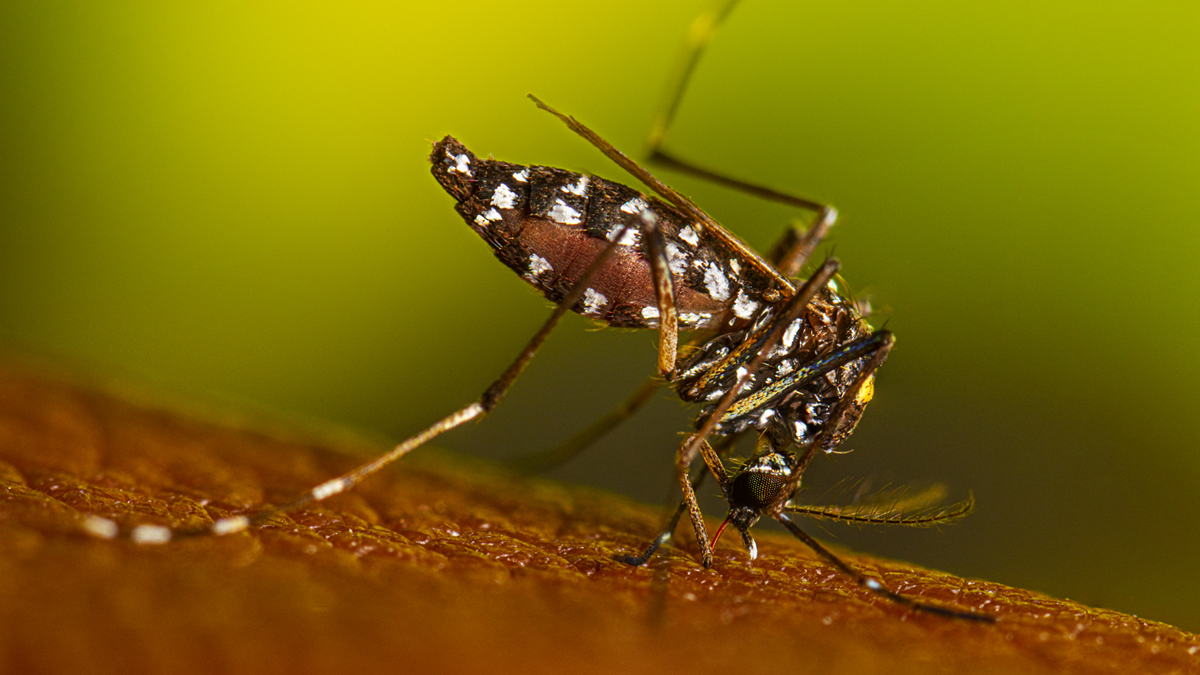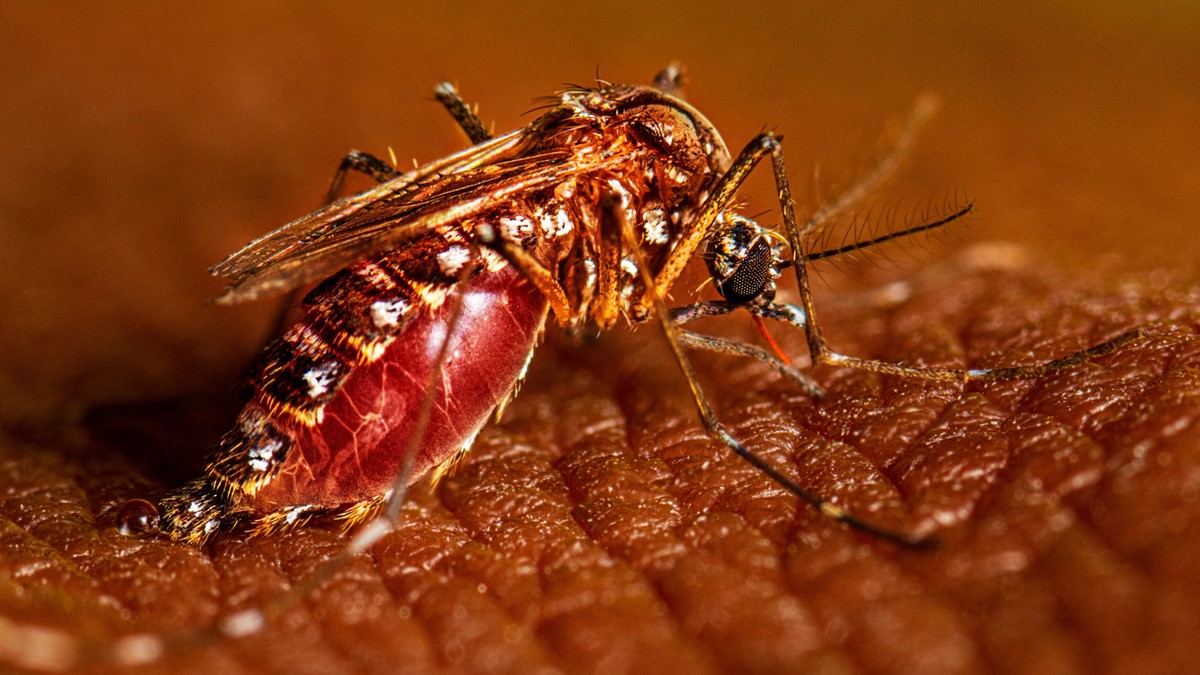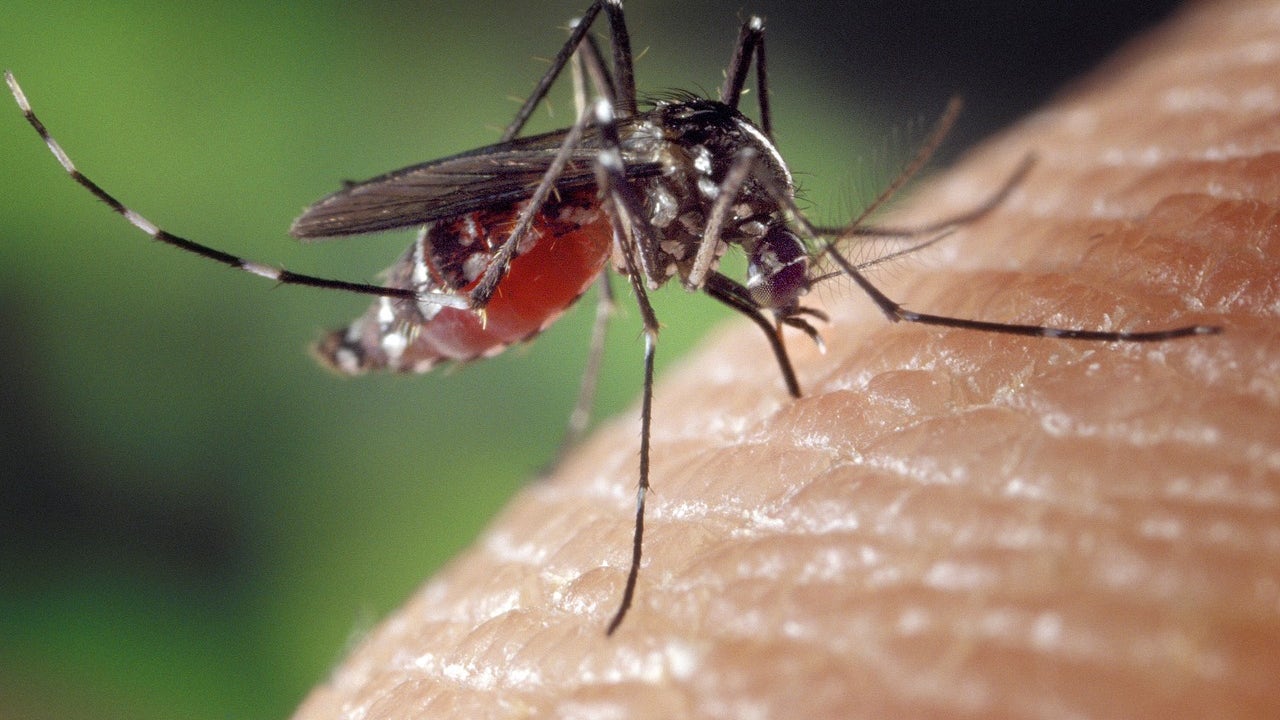
In 2024, a concerning surge in dengue fever cases has been reported across North, Central, and South America as well as the Caribbean. Over 10 million cases have been documented in this region alone.
Dengue is now considered the most prevalent mosquito-borne disease globally. Aedes species mosquitoes transmit the dengue virus, which has four distinct types (dengue-1, -2, -3, and -4). The virus has led to local transmission in Puerto Rico, US Virgin Islands, and Florida in the United States.
The Centers for Disease Control and Prevention (CDC) have warned of the rising number of dengue fever cases in Georgia. There have been approximately 2,900 cases reported across the United States so far in 2024. In Georgia specifically, there has been a rise from 16 to 20 reported cases within July.
Dengue fever typically presents with symptoms such as fever, headache, skin itching and rash, vomiting, muscle and joint pains. However, most people who are infected with the virus exhibit no symptoms at all. In rare instances of severe dengue infection, which affects about 1 in 4 individuals symptoms can escalate to include abdominal pain, persistent vomiting, bleeding nose or gums, and vomiting blood.
The World Health Organization has raised the alarm about a significant increase in dengue fever cases worldwide. The Americas have experienced a 232% increase in cases compared to last year. Dr. Darien Sutton of ABC News discusses the severity of dengue fever and its recent surge globally.
Preventative measures include avoiding mosquito bites, which can be accomplished by using insect repellent, wearing long-sleeved clothing, and eliminating standing water where mosquitoes breed. For those who have recently traveled to high-risk areas such as the Virgin Islands or Puerto Rico, it is crucial to monitor symptoms and consult a healthcare professional if any are experienced.
The CDC emphasizes that most people never know they've had dengue due to a lack of symptoms. However, for those who do experience symptoms, prompt medical attention can help manage the illness and prevent severe complications.
In light of the increasing number of cases both locally and globally, it is imperative to take necessary precautions against mosquito bites and stay informed about the latest updates from health authorities.






